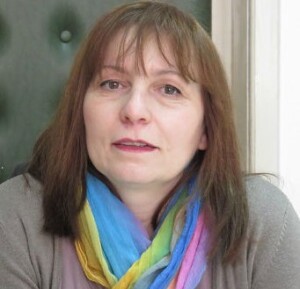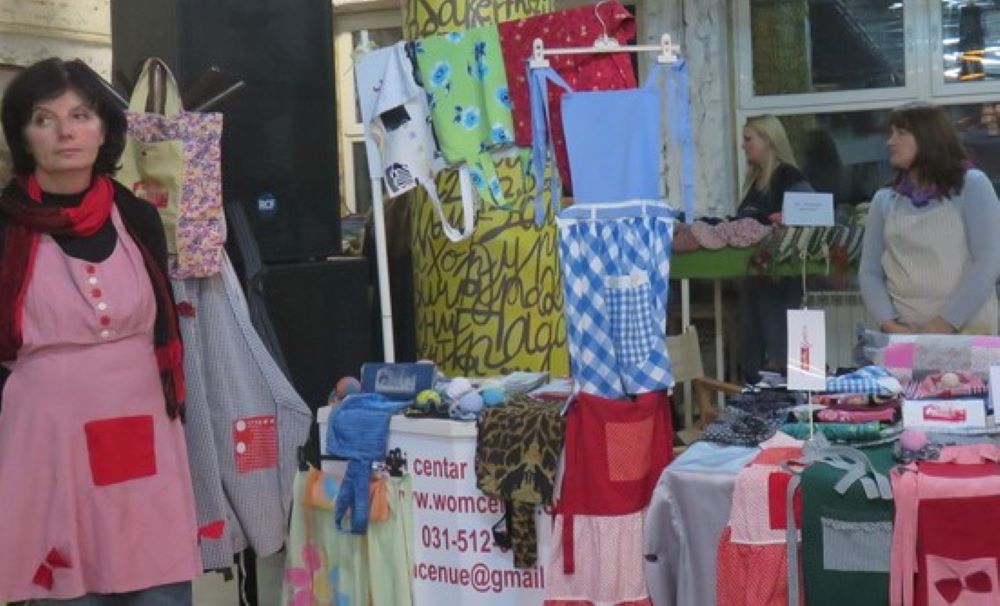Losing a job is a very difficult and stressful situation to face, especially when you live in an environment where there is little chance of finding a new job. Then the greatest fears of existential nature develop and the most common question you ask yourself is – what next?

Marina Tucović
In the early 1990s, when I finished university, I thought I would get a job in the field and spend my working life in one of the companies in the textile industry. However, as it’s often the case in life, plans and reality diverge.
The transition period in the country saw mass closures of textile companies, including the company where I worked, and so I lost my job after 15 years. Losing a job is a very difficult and stressful situation to face, especially when you live in an environment where there is little chance of finding a new job. Then the greatest fears of existential nature develop and the most common question you ask yourself is – what next?
After multiple attempts to work in private companies, and great disappointments that accompanied these work experiences, I received an invitation from the president of the board of the Women’s Center of Uzice, Radmila Gujanicic, to join their team for economic empowerment of women from vulnerable groups.
My task within that team, given my work experience and the profession I was in, was to design a program for economic empowerment of women who are not competitive in the labor market.
And so, the idea of a textile collection and recycling program was born. Now, 11 years later, which is how long it has taken to develop this program, I can say that this calling has changed my life. At the beginning, it was just an idea without any infrastructure for realization (space, funds, people and everything else that is necessary for the development of a business), and completely unsustainable from a financial perspective. To me, however, it was a great professional challenge and an opportunity I didn’t want to miss.
When you work within the solidarity economy in Serbia and develop a program that is innovative, and at the same time helps other women in similar situations, then there is no giving up; challenges are no longer obstacles but an incentive to constantly move forward. In the first years of working on program development, I often said to myself that I was an attempted entrepreneur. The first awards and recognitions, as well as the trust and support of the team in difficult moments, are the best indicators that you are doing something good, not only for yourself but also for others.
Today, Retex is recognizable in the region as a joint venture that deals with primary selection of waste textiles, upcycling (we produce bags, bags, children’s toys and many other waste textile products), donating usable textiles to socially disadvantaged people (we supply 280 families with second-hand clothes and other home textiles), and we are developing the infrastructure for production of recycled textile fiber.
Retex employs five women from vulnerable groups (women with disabilities, women victims of domestic violence and single mothers), and over 20 women have been engaged in this program so far, of which two women have acquired the right to a disability pension, which is a great success for our small team.
My next goal is to start producing recycled textile fiber and, in that way, complete the whole concept of waste textile disposal, and employ more women from vulnerable groups.
Marina Tucović, Women’s Center Uzice, manager of textile collection and recycling programs



Leave A Comment